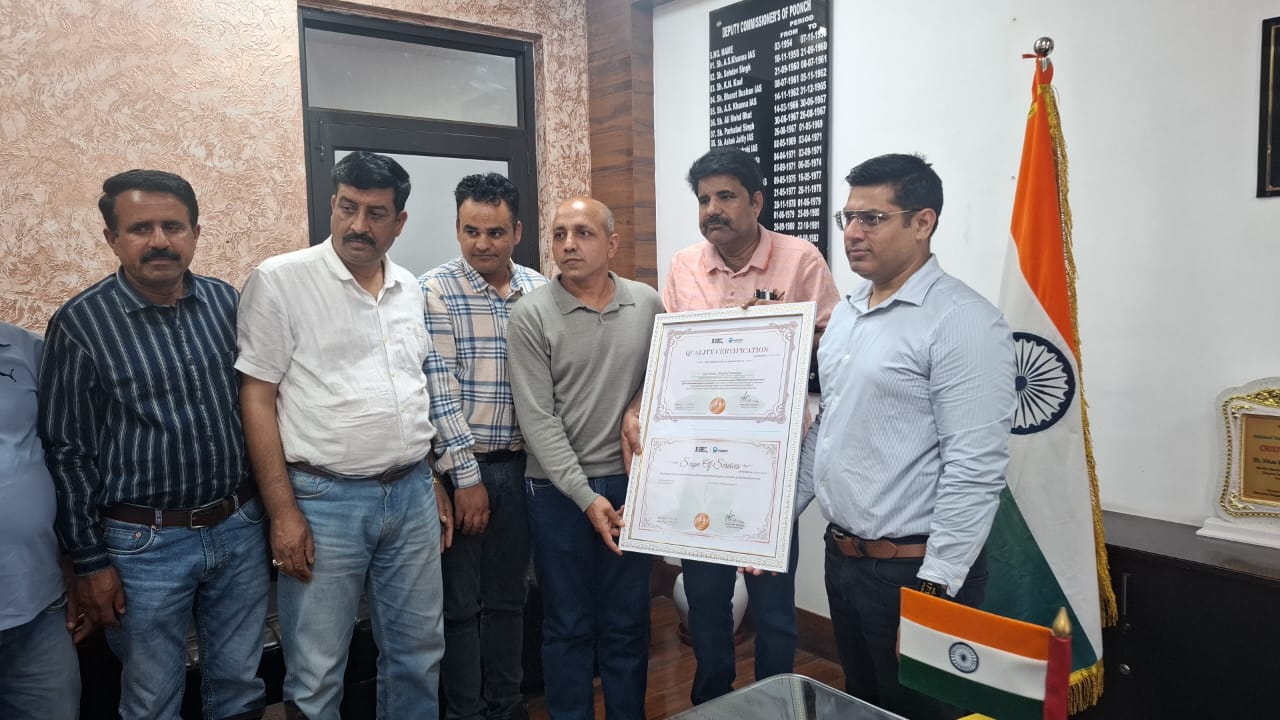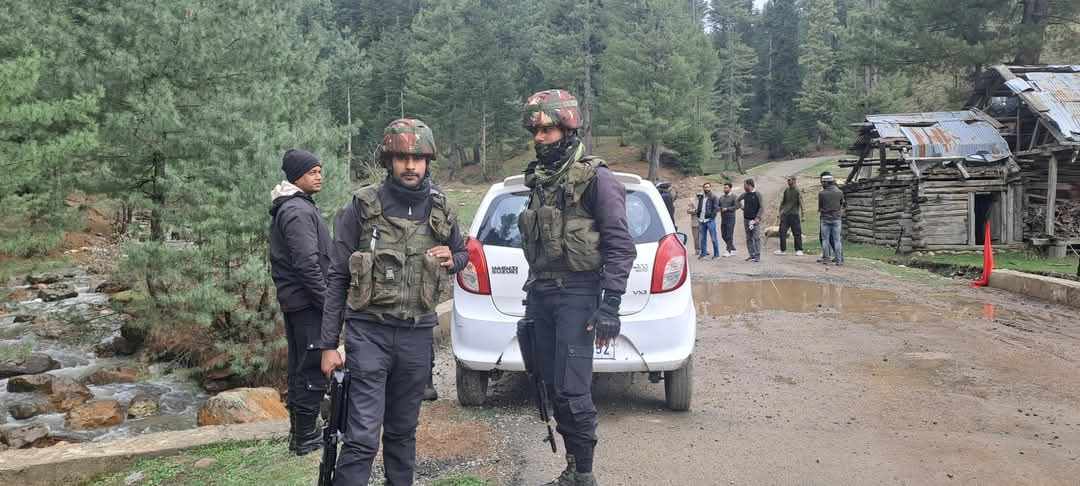According to a recent report titled “Making the Digital Ecosystem Disabled Friendly,” WhatsApp has been ranked as the most accessible app for people with disabilities in India. The report evaluated popular apps across various categories such as messaging, online payments, transport, e-commerce, and food delivery.
The Vidhi Centre for Legal Policy along with I-Stem and Mission Accessibility conducted a first of its kind evidence-based evaluation of the accessibility of ten of the most widely used apps in India.
WhatsApp emerged as the only app that was rated as ‘highly accessible’ based on the Web Content Accessibility Guidelines (WCAG) which serve as the global benchmark for determining if, and to what extent, a website is disabled friendly. Other apps audited in the report include PhonePe, PayTM, Swiggy, Zomato, Amazon, Flipkart, Telegram, Uber and Ola.
The top ten identified applications were rated as apps with ‘high accessibility’, ‘moderate accessibility’ and ‘low accessibility’ based on the Web Content Accessibility Guidelines (WCAG). The thresholds for these categories are determined based on the number of WCAG success criteria at level A compliance level, and are set at <=30, 30-60 and >60. WhatsApp meeting over 60 was thus rated as the only app with ‘high accessibility’.
Co-author of the report, Rahul Bajaj, Senior Associate Fellow – Vidhi, Co-Founder – Mission Accessibility, practicing lawyer in the High Court of Delhi and the Supreme Court of India, said: “Apps and websites have enormous potential to empower the disabled. If they are not designed with their needs in mind, however, they can replicate the barriers the disabled otherwise face. ”
The Covid pandemic accelerated the use of technology and made tech-based solutions, for meeting our everyday needs, a routine feature of our lives. The need for digital products and services to become more inclusive and disabled friendly has, therefore, assumed even greater significance. From ordering food to groceries, from finding a partner to socializing, from consulting doctors to booking flight and train tickets – we use technology for a whole range of everyday activities.
The core premise driving the report is that digital accessibility is a right, not a matter of charity, and most consumer facing apps must be cognizant of the role they play across multiple societal segments. In addition to the all-pervasive role technology plays in today’s digital-first world, every service provider in India, whether government or private, is mandatorily expected to make their services disabled friendly under the Right of Persons with Disabilities Act, 2016.
Based on the findings the authors of the report suggest that in order to create a truly inclusive digital ecosystem, websites and apps need to ensure they are designed in compliance with WCAG or Bureau of Indian Standards (BIS) standards. It is important to recognise accessibility by design and to incorporate it into any technological output intended for public use.
The researchers also intend to launch a review portal where people with disabilities can rate the accessibility of websites. In the future, the portal will be designed so that users with disabilities can provide service providers with immediate feedback on how they can improve themselves for the disabled.
They also want to film disabled people using some of the ten applications listed in the index so that people can understand what it’s like to be unable to use them.
They will work with the government to train software developers, to be more accessible to the disabled, and bring policy reforms.









